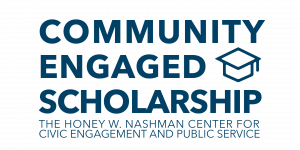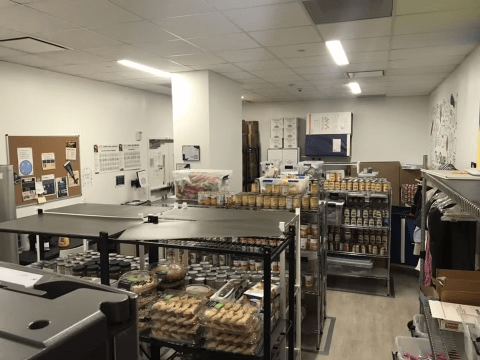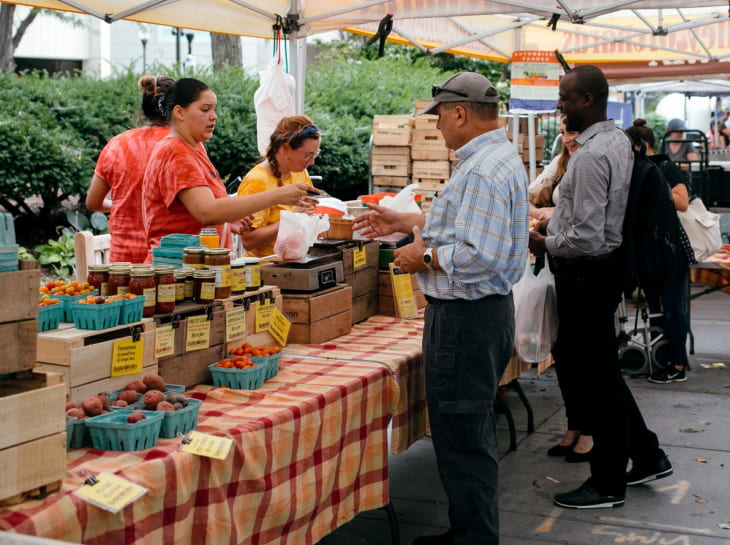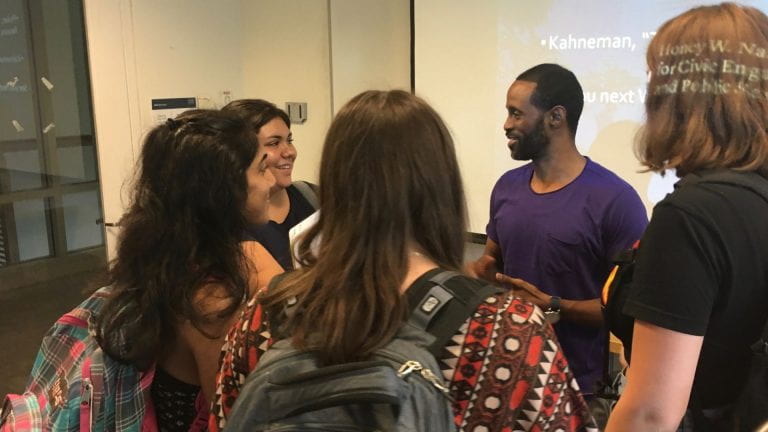
In HSSJ 3100W: Program Planning and Evaluation, students partner with organizations like YWCA, Rock Creek Conservancy, and Horton's Kids to conduct real-world program evaluations. While providing data and analysis to help organizations improve programs, students gain practical skills in data collection (surveys, interviews, etc.), data analysis, meaning-making and reporting.
Community-serving organizations who partner with this course identify the program they would like students to evaluate, for example, do volunteers of this organization feel prepared by the orientation and training they receive, or is their parent involvement program achieving its goals? Students and community organization staff work together to clarify the research question and identify sources of data. With final approval from community partners, students develop data collection tools (surveys, interview or focus group protocols, etc.) and ultimately produce a written report which includes a relevant review of research literature, study findings, and recommendations.
This course challenges students, and they love realizing what they are capable of. Dr. Walls and Dr. Kelso prepare students for each step: creating the agenda for their first community partner site visit, practicing interviewing and focus group skills in class, and doing in-class peer review of multiple drafts of the final reports and presentations shared with their community partners. Students also learn project management techniques.
...continue reading "HSSJ 3100W Program Planning & Evaluation"


 Tara Scully’s BISC 1008 course teaches students about the evolution of life on earth; the value of other organisms, their role in our world, and how humans can cause harm to this infrastructure. Serving in the local community in a variety of ways, students learn about D.C. and regional ecological issues, such as agricultural challenges related to other organisms, the role oysters play in cleaning the Cheseapeake Bay, or the impact of pollution on the local watershed.
Tara Scully’s BISC 1008 course teaches students about the evolution of life on earth; the value of other organisms, their role in our world, and how humans can cause harm to this infrastructure. Serving in the local community in a variety of ways, students learn about D.C. and regional ecological issues, such as agricultural challenges related to other organisms, the role oysters play in cleaning the Cheseapeake Bay, or the impact of pollution on the local watershed.




